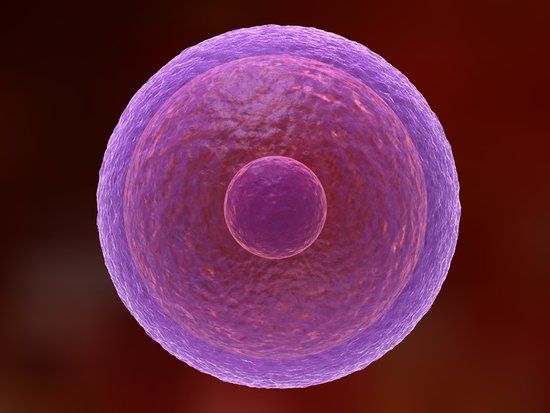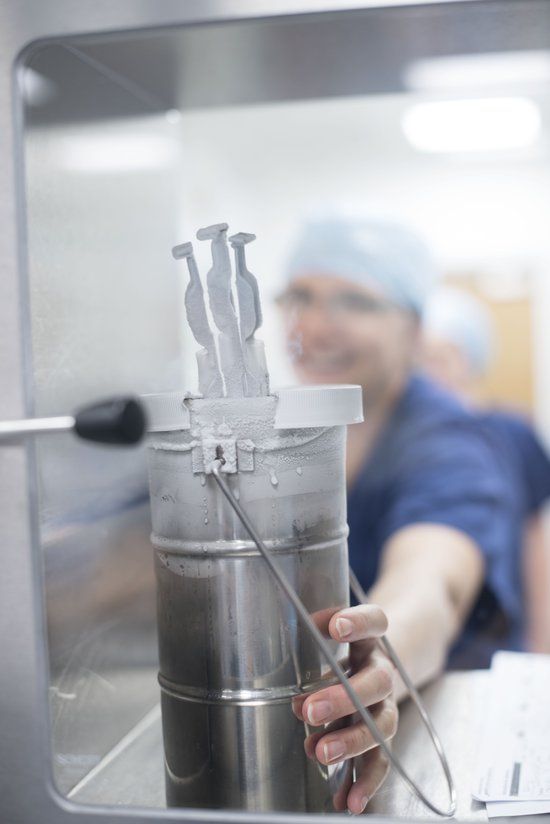Embryo freezing is an option if you’re undergoing IVF and wish to have more children in the future. It gives you the chance to give your child a biological sibling – known as a conceptual twin – in future years, without the need to go through the whole IVF process again. As such it avoids repeated ovarian stimulation, egg retrieval, sperm donation and fertilisation.
It can also be used if you’re about to undergo medical treatment which could affect your fertility, and wish to have children in the future with your current partner. Embryos would be created from your eggs and partner’s sperm, and frozen for use at a later date.
Our team of embryologists assess all your embryos to see which are suitable for both transfer and storage. This involves careful analysis of the embryos to see which are capable of withstanding the necessary freezing and thawing process, as such only good quality embryos that are at the right stage are ever selected for freezing.
You must also complete a consent form, as required by the Human Fertilisation and Embryology Authority (HFEA), to give your permission for your embryos to be stored. Both you, and your partner, must complete the form. Consent can be altered or withdrawn at any time by either of you if your circumstances change.
There is legislation in place that allows clinics to store embryos for a certain length of time, at Manchester Fertility this is currently up to 10 years but in certain circumstances can be extended up to 55 years, for example if you’re prematurely infertile because you’ve had a hysterectomy or chemotherapy.
Your frozen embryos are stored in liquid nitrogen at very low temperatures, and they can remain in this state for many years without deterioration. When you’re ready to have another child, you undergo what is called frozen embryo transfer or FET.
Embryos are thawed and analysed, and those suitable are transferred either in a stimulated cycle, where drugs are used to prepare your uterus, or a natural cycle during your natural ovulation phase.
Frozen embryo transfers, whether through a natural or stimulated cycle, can be a walk-in, walk-out procedure. After the transfer, pregnancy testing follows as in a normal IVF procedure.
Our pregnancy success rate using frozen embryos at Manchester Fertility has remained steadily consistent over the past four years, as we put such emphasis and research into techniques to only select the best embryos for freezing.
For more information about embryo freezing and frozen embryo transfer (FET) call us on 0161 300 2737 for an informal chat.
Last updated: 12th January 2021




